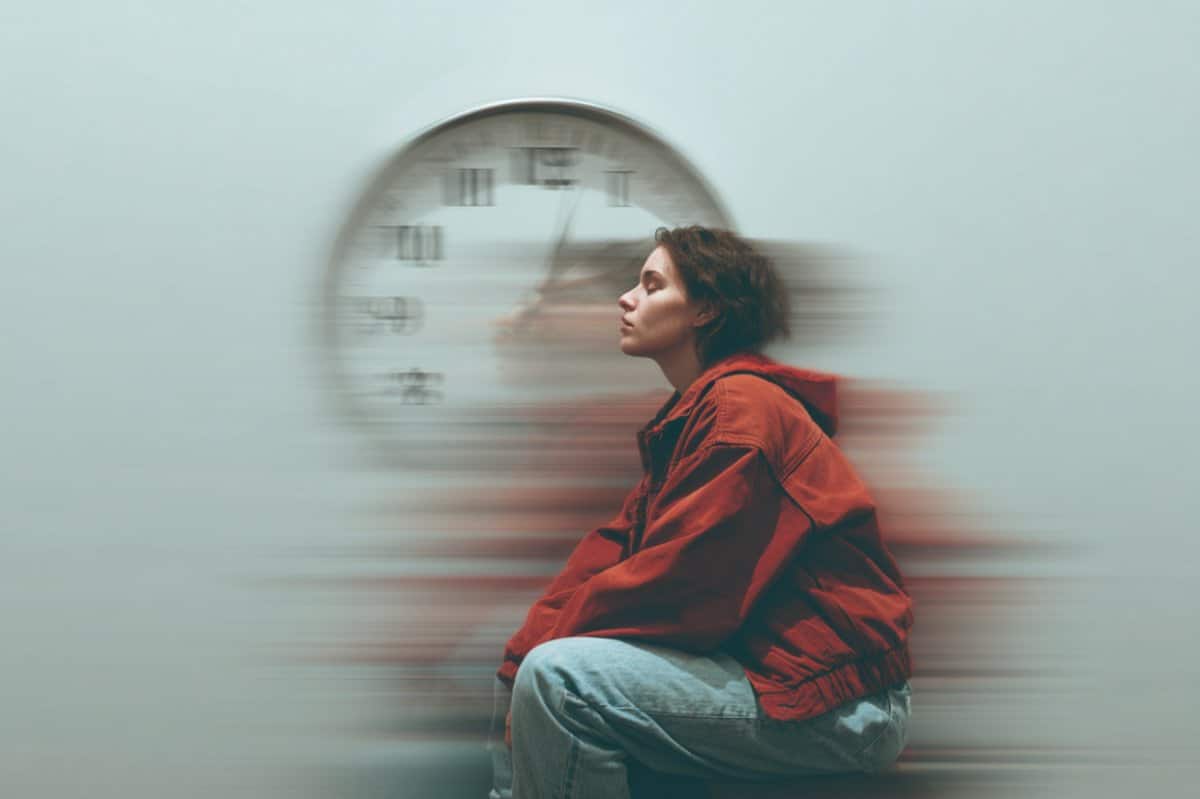Summary: Despite longing to return to enjoyable activities, people often delay doing so—hoping the moment will feel more special. A new study finds that the longer individuals perceive their time away, the more likely they are to postpone reengagement, even with things they enjoy like visiting friends or dining out.
Experiments showed that people were less likely to reconnect with a friend after a long gap, even when the task was simple and rewarding. Researchers suggest that this voluntary delay stems from a desire to make the return feel meaningful, revealing a hidden link between pleasure and procrastination.
Key Facts:
- Perceived Time Matters: The longer people feel they’ve been away from something enjoyable, the more likely they are to delay returning.
- Emotional Significance: People postpone rewarding experiences in hopes of making their return feel special.
- Behavioral Insight: This tendency helps explain a unique kind of procrastination—delaying joy, not avoiding effort.
Source: PNAS Nexus
People often delay returning to lost pleasures, according to a study.
When people are unable to engage in enjoyable activities, from catching up with friends to going to the movies, one might think that they would jump at the chance to return.

However, Linda Hagen and Ed O’Brien show in a series of surveys and experiments that people often delay returning to previously rewarding behaviors.
After the end of COVID-19 shutdowns, surveyed Americans reported waiting additional time to return to restaurants, movie theaters, parties, vacations, and family visits so that their return would be especially satisfactory.
In a survey, respondents who felt their time away from an activity had been long were more likely to delay return than participants who reported a short perceived time away.
In another experiment, 200 college students were asked to either send a short note of appreciation to a friend or complete a dull work task.
While 55% of people who had last contacted their friend recently (averaging one week) chose to reach out to the friend, just 41% of those who had not contacted the friend for a long time (averaging one year) chose to contact the friend.
A separate experiment in which adults were asked to text a short hello to a friend produced similar outcomes.
When probed about the reasons for these voluntary delays in returning to favorite activities, participants indicated that they wanted their first time back to be special.
According to the authors, the study offers insights into delay behaviors such as procrastination, which may be prompted by the perceived positive value of a future task in some cases.
“Right now” may simply never feel quite special enough.
About this psychology research news
Author: Ed O’Brien
Source: PNAS Nexus
Contact: Ed O’Brien – PNAS Nexus
Image: The image is credited to Neuroscience News
Original Research: Open access.
“Lost time undermines return behavior” by Ed O’Brien et al. PNAS Nexus
Abstract
Lost time undermines return behavior
People commonly experience long gaps of time between getting to do things they love to do. In principle, the longer it has been since people last enjoyed something, the quicker they should jump at the chance to enjoy it again.
In practice, five experiments reveal a case of the opposite: The longer since people’s last enjoyable experience, the more they postpone returning—in part because they demand their return be “extra special” to offset the wait.
This effect emerged across many controlled parameters. For example, participants chose to avoid contacting close friends after large vs. small gaps in contact, all else equal—a choice that undermined their immediate happiness.
This effect further extended to COVID-19 contexts, regarding people’s returns from lengthy shutdowns: Somewhat nonobviously, we found that participants delayed returning to everyday activities even longer (as opposed to jumping back at their first sufficiently good chance) if it meant that they could better mark the occasion.
Finally, this effect was uniquely attenuated by helping participants reconstrue any chance to return as “extra special.”
Together, these findings suggest that time delays create psychological barriers to returning, which people self-impose.
People may increasingly avoid contacting loved ones, getting back into rewarding hobbies, and so on, the longer it has been since last time, promoting vicious cycles of deferment.
Motivating people to return to experiences that would enhance their immediate happiness—experiences they still want to have and are now theirs to take—may be surprisingly difficult.






